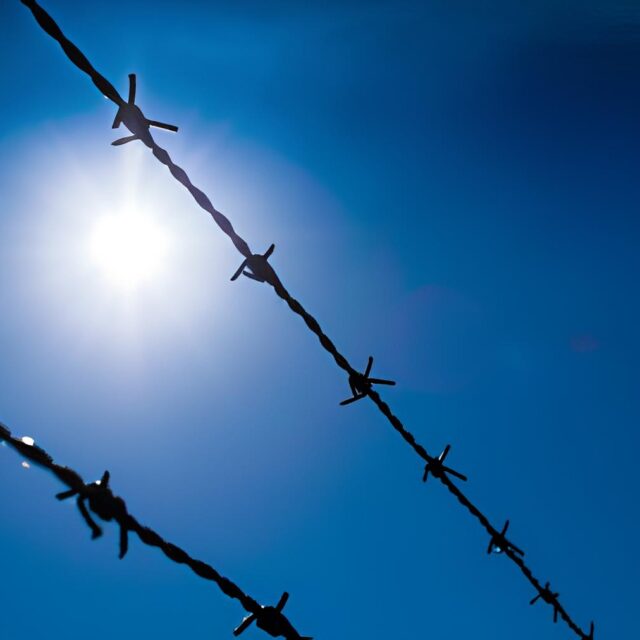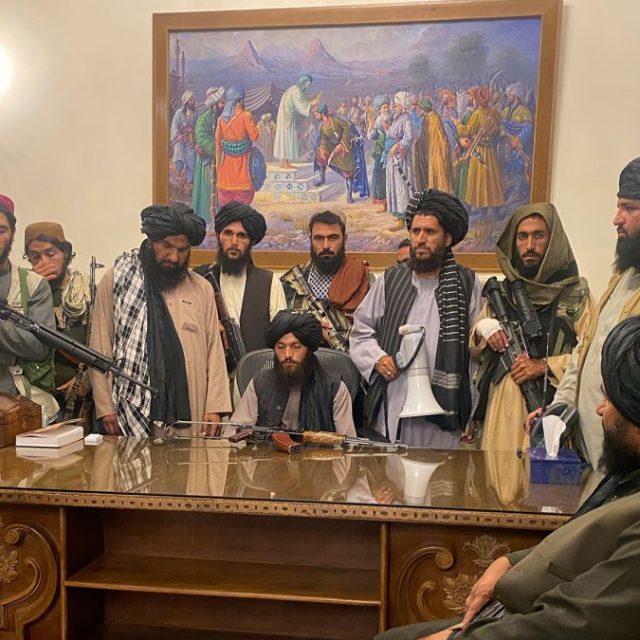Western nations need to build closer partnerships with the private sector to sharpen NATO and the European Union responses to hybrid security threats, participants at a unique day-long exercise concluded on Thursday.
“Hybrid warfare is now real warfare,” Jamie Shea, Senior Fellow at Friends of Europe and former Deputy Assistant General at NATO. “This is an opportunity for the private sector and government to solve the problems.”
Shea spoke during the tabletop exercise “Strengthening Public-Private Cooperation in Hybrid Crises” organized by Friends of Europe in partnership with the Finnish Presidency to the European Union and the United States European Command (EUCOM).
The event drew over three dozen senior officials and security experts from NATO, European institutions, national authorities and private companies to examine how they can build society-wide resilience to hybrid challenges.
Participants underscored the need to build trust that creates a “co-working” space for private and public players to ensure seamless cooperation in the event of a crisis.
“Partnership with the private sector, has to more than just cooperation,” said a lawmaker from one NATO ally.
“It should be about formulating policy together, not just cooperating when you have a problem,” they added, pointing out that the private sector is often the target of hybrid attacks as well as a solution provider.
The exercise was based on responses to a fictional scenarios that included the high-jacking of a ship loaded with liquified natural gas which terrorists threaten to explode in a crowded port city; cyber-attacks that shut down banking services in a European Union country ahead of sensitive elections; and the mysterious severing of undersea cables linking the country to the rest of the EU.
Among the ideas, participants emphasized the need for better intelligence sharing to ensure relevant policy makers are fully informed of hybrid risks; the importance of greater international cooperation between law-enforcement and civil protection services to match that among the military; for pro-active media strategies to keep citizens informed and counter fake news during a crisis; and outreach to all sectors of society to counter hostile efforts to undermine faith in democratic institutions.
“If we adopt resilience it will serve us for all sorts of scenarios, so it’s a win-win situation,” Shea concluded.
The exercise, which was also conducted with the support of Facebook, is Friends of Europe’s newest flagship project.




